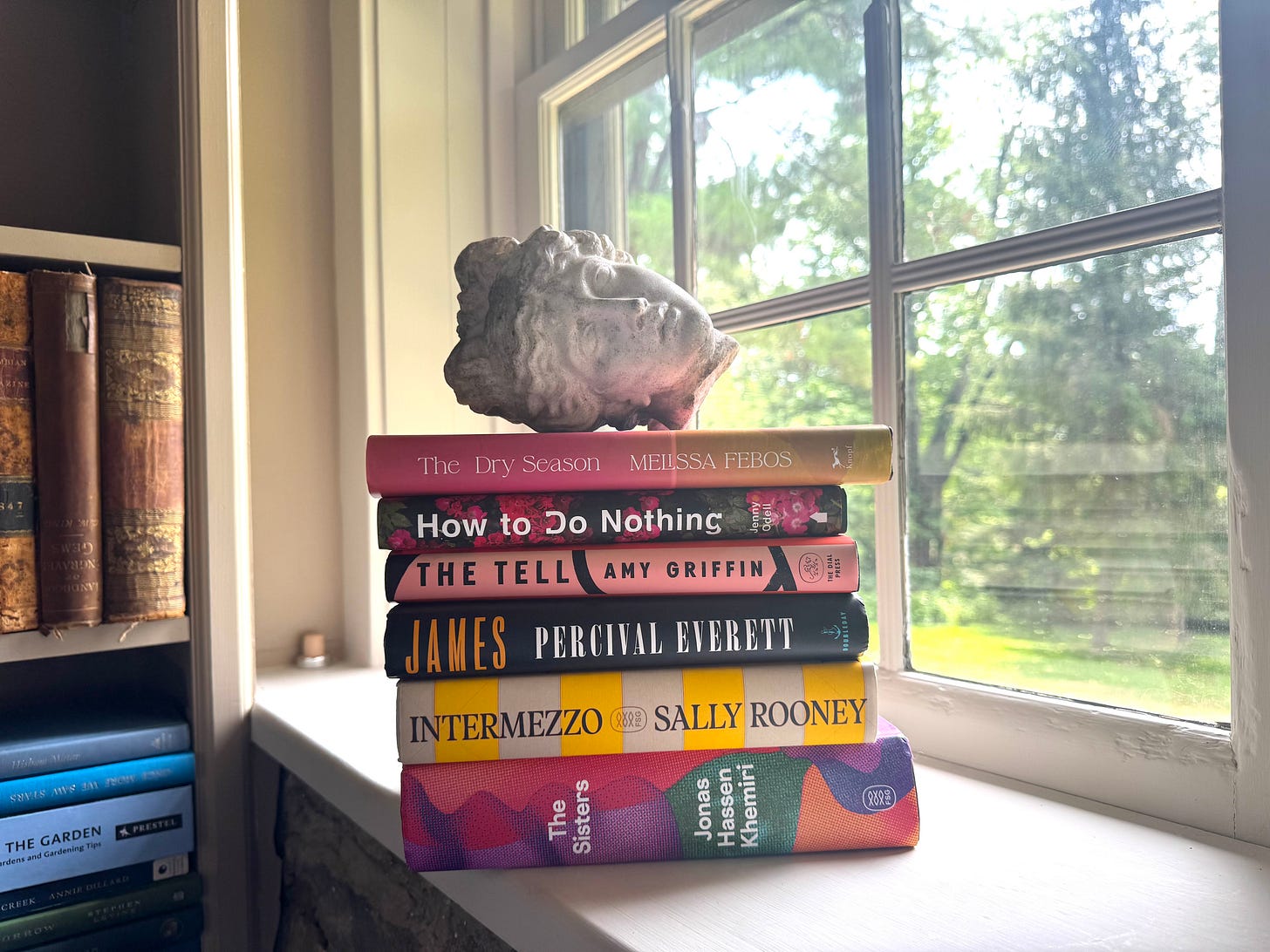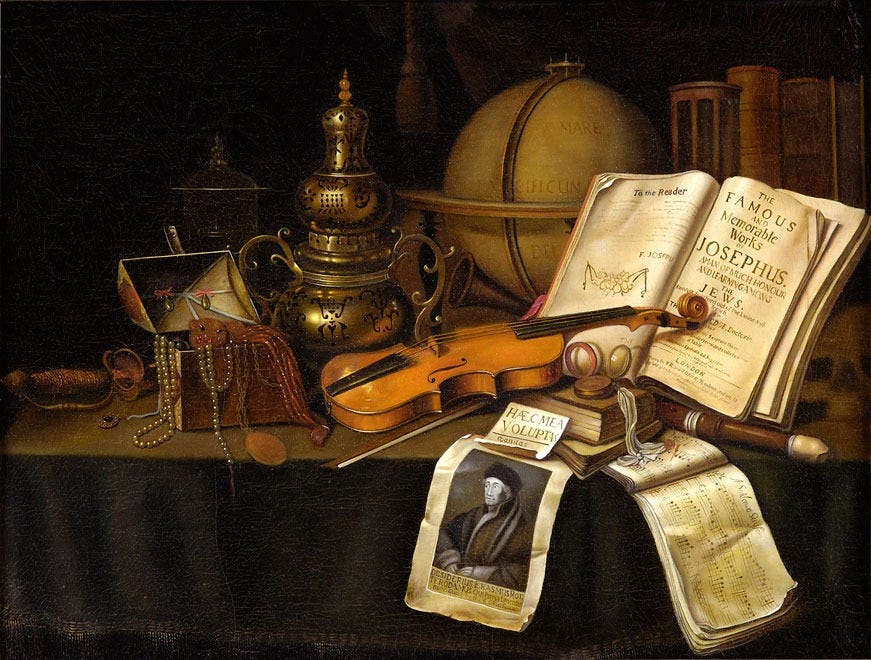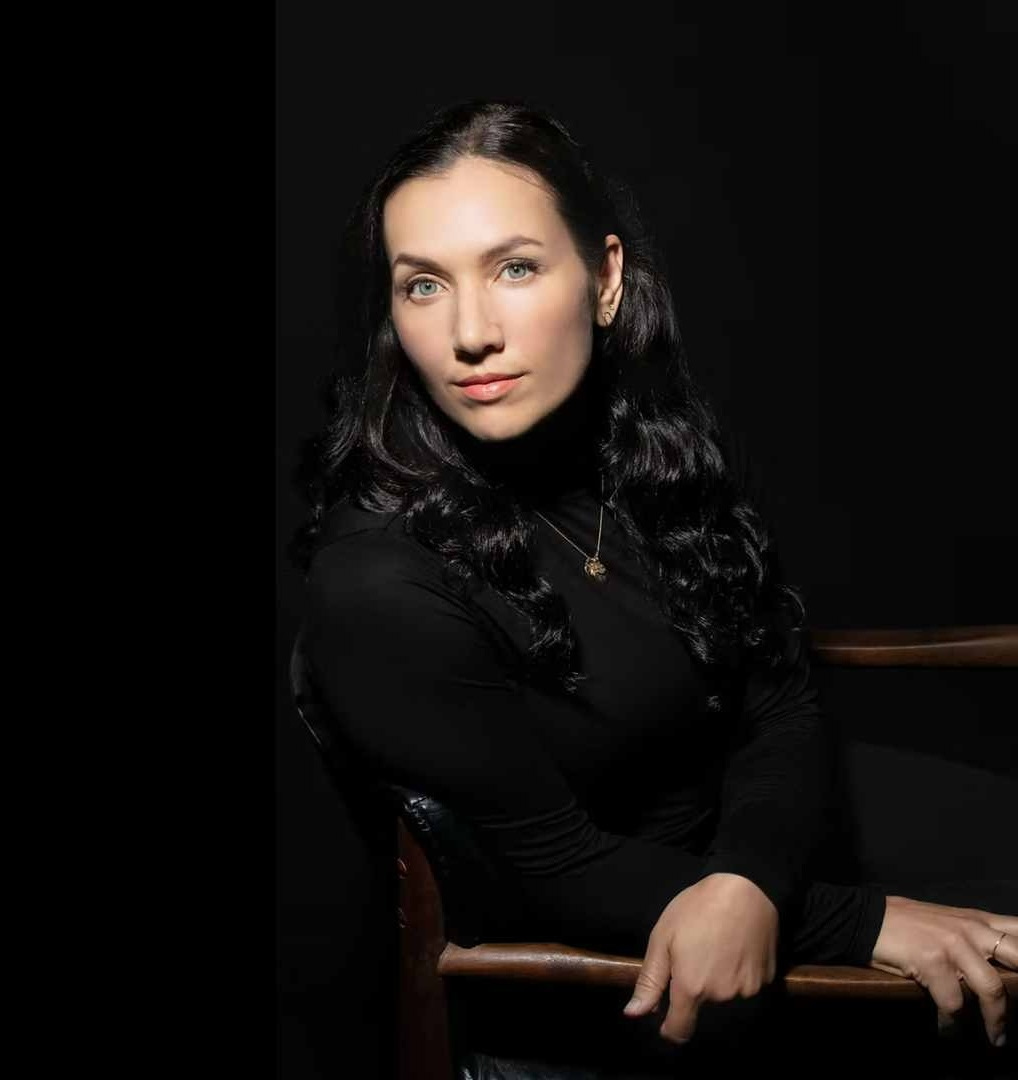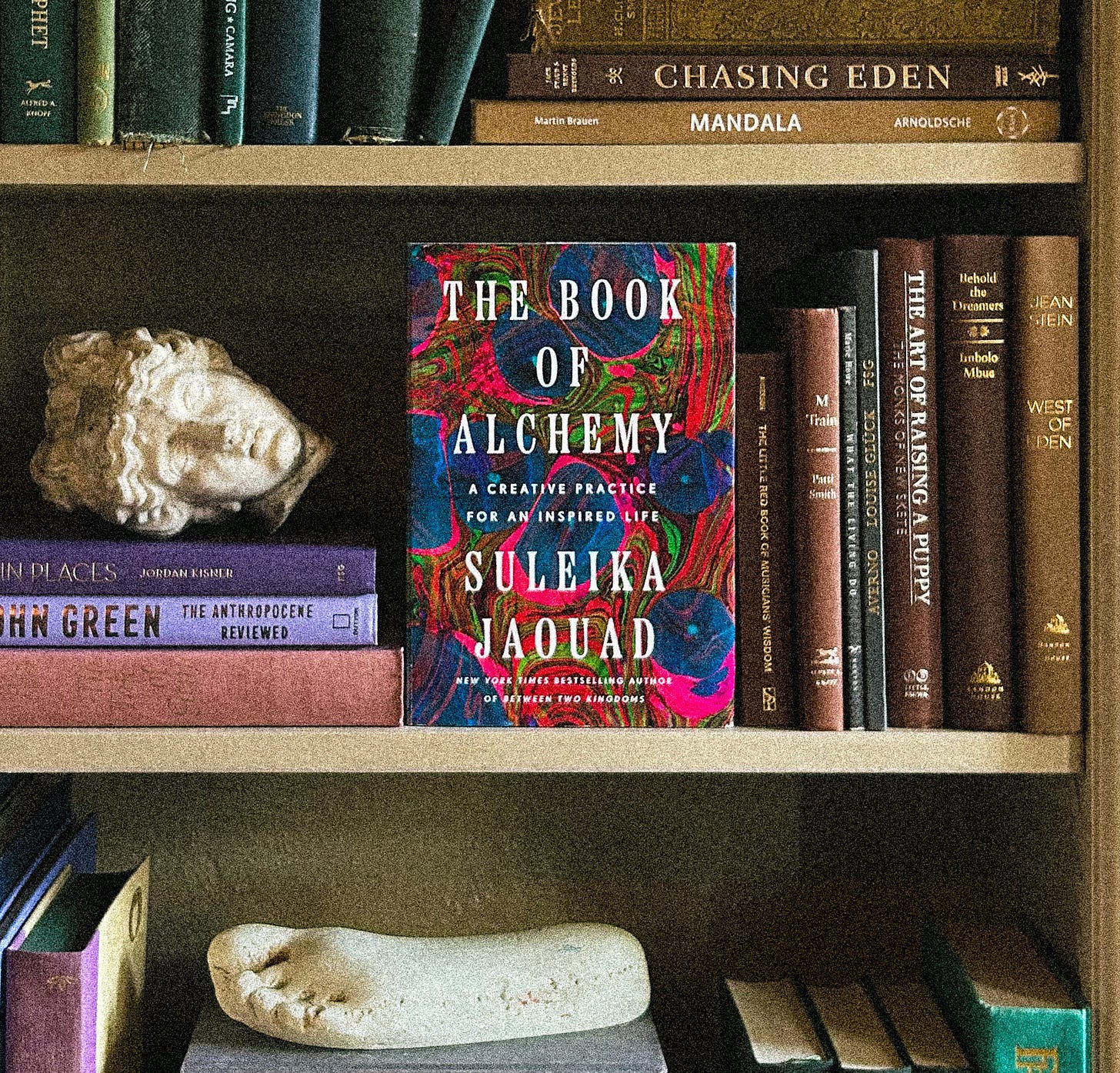Hard to believe it was almost a decade ago that—at the age of 27, having recently emerged from four years of cancer treatment and having only learned to drive a few weeks earlier, as low and lost as I’ve ever been—I embarked on a solo 15,000-mile road trip across the United States.
A decade since I drove the wrong way down Ninth Avenue and almost called the whole thing off. A decade since I spent my nights in a tent in campgrounds and napped in my car beneath the golden arches of McDonald’s. A decade since I visited Niagara Falls, since the Sandhills of Nebraska whipped by me in their undulating grandeur, since I first beheld the Pacific’s ocean fog pluming through the redwood forests on the California coast. A decade since I met my road guardians, one and then another and another across those long miles, each imparting stories and wisdom.
Like Rich, a retired psychologist-turned-sculptor in Northern California—for those of you who read my memoir Between Two Kingdoms, you may remember him. Rich has this theory that when we travel, we take three trips. The first is anticipation: daydreaming, making plans, packing. The second is when you actually embark. And then, there’s the trip that lives in your memory. “The key is to try to keep all three as separate as possible,” he told me. “To be present wherever you are right now.”
I write this on the eve of a trip—a birthday boondoggle with my husband and three of our oldest and dearest friends—and with this one, I’ve come to understand Rich’s words in a whole new way. It all began in secret, with Jon and my best friend Lizzie hatching a plan for what they termed TOAL—the “trip of a lifetime.” This went on for months, but eventually they realized they’d be denying me an immense pleasure if they didn’t loop me in—dreaming up a journey like this is one of my favorite things. So they confessed, and it became a group activity, wide ranging, full of fits and starts, and honestly a little unhinged, with so many FaceTimes devolving into absurdity and hilarity. We were all over the map, literally and figuratively, imagining everything from a trek to Dharamsala in the foothills of the Himalayas, to a leisurely jaunt in the south of France, to surfing in Costa Rica. Then we went to the other extreme, considering a staycation or something within driving distance, like hiking the 60-mile Delaware Canal Path, tromping along during the day, tucking into cozy b&bs by night.
We eventually settled on a location—we’re headed to my fatherland, North Africa, which I’m thrilled about, as I haven’t visited since before the pandemic. But none of our many detours felt like wasted time, because it was so much fun and so connected. Even when we did settle on a location, the worm holes continued: I immediately set about compiling an elaborate place-specific reading list, from The Sheltering Sky by Paul Bowles to Isabelle Eberhardt’s travel diaries, to Travels with a Tangerine: A Journey in the Footnotes of Ibn Battuta.
It’s likely (certainly!) way too many books for this week-long sojourn, but I’m allowing myself this indulgence. Recently I shared that I’m in something of a creative rut—and some of you have kindly pointed out that I just published a book and went on a whirlwind book tour, and even without chemo, that’s a lot. As true as that is, my desire to get out of this rut is not about work. I don’t feel pressure, self-imposed or otherwise, to get cracking on my next book or to tackle a new painting project. It’s that my creative life is my refuge. Engaging with art—whether it’s making a painting, music, or the written word myself, or experiencing someone else’s—is what makes me feel most alive.
Reading especially is such a refuge. It’s also a measure of how present I am and the health of my mind. So I’ve packed a boatload of books, and I’m looking forward to the luxury of sinking into a story in an uninterrupted fashion—of experiencing the pleasure of not having to put the book down, not having to tend to other things.
And even though (according to Rich) I’m supposed to be present in the first trip, I find myself excited about the third, when I return home with all these memories, carrying forward the momentum of my vacation reading. Right now, I am burned out on words. I get to the end of the day, and I don’t have the urge to write or read or even talk. But I can already imagine myself rested and recharged by the mental space this trip will clear out. I imagine myself tackling those unread stacks of books sitting around my office (see: the Japanese art of tsundoku). I think of summer afternoons spent lounging in the hammock in our backyard, no phone in sight, no texts or calls or emails to answer. I think of curling up on the couch on a Sunday, or bobbing around on a pool float, nose in a book, shaded by a large-brimmed hat.
I suspect that everyone reading this newsletter has a special relationship to books. An affinity for stories, for setting, for the sly dance of words that conjures whole worlds. I also suspect that, for many of us, this love of books started in childhood—a time when everything feels outsized and strangely proportioned. It’s with this in mind that I’m resharing a prompt from the writer
, whose journaling routine we shared this week. It asks you to make a list of texts from your past that impacted you, that captivated you. May it transport you to a different time and place. May it remind you that books are the best kind of magic.Some Items of Note—
Due to unforeseen circumstances (i.e. a pesky bronchial infection that has robbed me of my voice), we’ve had to reschedule our virtual event with Melissa Febos for Sunday, August 3, 2025, from 1-2pm ET. But you can still join us for our usual virtual creative hour for paid subscribers hosted by
—that’s Sunday, July 13 from 1-2pm. Find everything you need to join us here!In addition to limited stock of the Book of Alchemy tote and the Wonder sweatshirt, by popular demand we’ve brought back the Isolation Journal No. 1. Get yours here!
Prompt 346. The Texts of My Childhood by Melissa Febos
I almost always begin a writing day by reading. Sometimes that is enough. There is the list of books I love, and then there is the much shorter list of books that turn over my creative engine in an instant—I think most writers probably have both categories. For me it is nonfiction that blows the roof off of what I think my work needs to be—something unexpected, something that defies convention, or at least the conventions of my own creative thinking when anxiety gets in there. Some reliable jumpstarters for me are Jeannette Winterson, Zadie Smith, Rebecca Solnit, Renee Gladman, and Roland Barthes.
Lately, I’ve also been returning to the texts of my childhood—probably for the added element of comfort, but also because the images and plots and worlds of those works were the formative ones for my own imagination and informed the fundamental way that I relate to image and plot and world-making.
Your prompt for the week:
Make a short list of texts from your past, even better if you can select particular passages or moments that meant something to you. Without necessarily revisiting the book (you can do that later), start writing about your relationship to it, in narrative terms. When did you read it? What was your life at the time? Write a scene of your reading it, replete with all the ways it made you feel. Then, consider why you needed it at that particular time. Follow it from there—feeling free to depart from the text.
If I were to make such a list for my last book, Abandon Me, I would choose (I did choose): The Story of Ferdinand, the films Labyrinth and Heavenly Creatures, The Chronicles of Narnia, D’Aulaires Book of Greek Myths, and Rilke’s Book of Hours.
Most recently I did this with Jack London’s White Fang, and the scene I used ended up getting cut from the essay, which is a thirty-page ode to my hands. You really never know what is going to find its way to the surface if you create an opening.
Today’s Contributor—
Melissa Febos is the author of the nationally bestselling essay collection, Girlhood, which won the National Book Critics Circle Award in Criticism, the memoirs Whip Smart and Abandon Me, and a craft book, Body Work. The recipient of a 2022 Guggenheim and a 2022 National Endowment for the Arts Literature Fellowship, she is a professor at the University of Iowa and lives in Iowa City with her wife, the poet Donika Kelly. Her fifth book, The Dry Season, is available now.
The Book of Alchemy: A guide to the art of journaling—and a meditation on the central questions of life
Whether you’re a lifelong journaler or new to the practice, The Book of Alchemy gives you the tools and encouragement to peel back the layers, dream daringly, uncover your truest self—and in doing so, to learn to hold the unbearably brutal and astonishingly beautiful facts of life in the same palm. If you haven’t yet, you can get your copy here!













Suleika, there’s something about the way you write about travel that always lands somewhere deep. That first road trip, stitched together with redwood fog, golden arches, & strangers-turned-guides, already felt mythic when I first read Between Two Kingdoms. It was even more delightful hearing you read it aloud. I listened when I was unwell, & as I find myself in such a state again, I may just revisit it this evening—as a bedtime story. But now, reading you on the eve of this next love-infused, slightly unhinged boondoggle, it feels like you’re walking not just across time, but toward some kind of radiant reconnection.
When I was little, my neighbour had a copy of The Tiger Who Came to Tea. It smelled of cupboard dust & cinnamon. We didn’t have many books at home, so I read it every time I visited, perched on her scratchy carpet while she stirred pasta sauce. I remember being equal parts delighted & disturbed by the tiger—the way he ate everything, even the water, & then just… left. No one screamed. They simply bought more food. I think I loved that book because it made a kind of quiet chaos feel normal. Familiar, even.
I haven’t thought of that tiger in years. But now I wonder how many visitors I’ve let in like that—wordless, hungry, promising company but leaving emptiness. And yet somehow, I always survived them. Maybe even needed them.
Thank you for the reminder that some journeys happen with our feet, some with our hearts, & some through the scent of pages, the salt of laughter, the weight of books in a suitcase. May this one root you gently, & bloom something unexpected.
I'm 78. I've had chemo, lived through post-chemo, been on IV treatments for long periods of time. It's hard for me to remember during what seem to be a fallow times, that it is actually a consolidating, integrating and germinating time. What has felt like emptiness, blankness, what I have resisted, surrendered to, hated, has always coalesced eventually to my next project. I hope your second trip lives up to the first one you are in now.